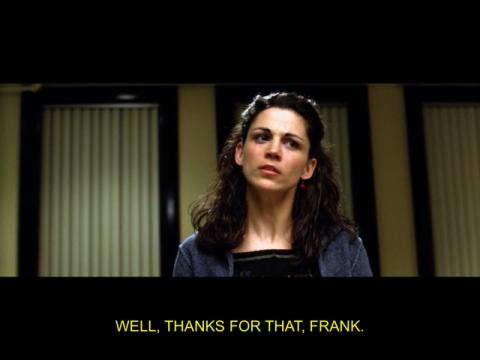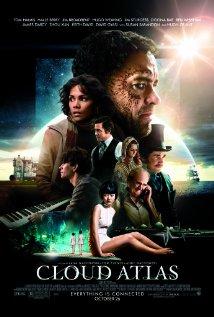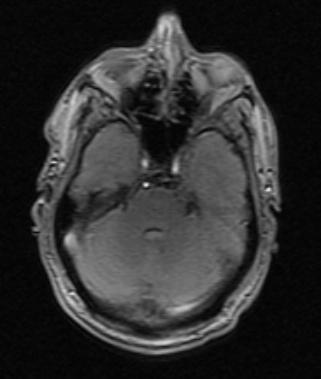Regarding Jesus Christ, Maharaji began to cry and said, “He lost himself in the ocean of love.”
~ Maharaji (Neem Karoli Baba).
quoted in Miracle Of Love
Regarding Jesus Christ, Maharaji began to cry and said, “He lost himself in the ocean of love.”
~ Maharaji (Neem Karoli Baba).
quoted in Miracle Of Love
“Stay in the ajna chakra (the point between the eyebrows, also known as the third eye) and think only of me.”
~ Maharaji (Neem Karoli Baba), talking to Ram Dass,
quoted in Miracle Of Love
When some devotees questioned him about hatha yoga (physical method of attaining union with God), Maharajji told them: “Hatha yoga is okay if you are strictly brahmacharya. Otherwise it is dangerous. It is the difficult way to raise kundalini. You can raise kundalini by devotion and by feeding people. Kundalini does not necessarily manifest as outer symptoms; it can be awakened quietly."
~ Maharaji (Neem Karoli Baba).
quoted in Miracle Of Love
Love the poor. Serve them. Give everything to the poor, even your clothing. Give it all away. Jesus gave away all, including his body.
~ Maharaji (Neem Karoli Baba).
quoted in Miracle Of Love
If you are free of attachment, you will lead a simple life in a simple environment.
~ Maharaji (Neem Karoli Baba).
quoted in Miracle Of Love
Meditate to raise the kundalini. Think about God, it will go right up.
~ Maharaji (Neem Karoli Baba).
quoted in Miracle Of Love
If your kundalini (spinal energy) awakens, you can go to America without a plane.
~ Maharaji (Neem Karoli Baba).
quoted in Miracle Of Love
This temple and whatever is seen by the human eye are illusion ... Delusion makes everything look real.
~ Maharaji (Neem Karoli Baba)
What you meet in another being is the projection of your own level of evolution.
~ Ram Dass
Attachment is what keeps you stuck in your limited reality.
~ Ram Dass
If you don’t appreciate me, that’s YOUR problem.
If I need your love or approval, that’s MY problem. Then my needs are giving you power over me.
~ Ram Dass
Scala performance FAQ: Is there a reliable way to determine the number of CPUs or cores when writing Scala code?
As I was reading this article on ZIO performance tuning, I decided to look into whether there is a reliable way to determine the number of CPUs or cores on a computer using Scala (and therefore Java, Kotlin, and other JVM languages).
The solution is that there seems to be a reliable way to determine the number of CPUs or cores in Scala. In short, use the Java Runtime class to get the information. This Scala example shows how to do it:
“Thanks for that, Frank.” One of many funny moments in the movie, You Kill Me.

This is a painting of a roadhouse in Wasilla, Alaska, circa 1957. It reminds me of living in Talkeetna. I found it on the “Last Frontier Magazine” Twitter page.

I watched Cloud Atlas over the last few nights. It’s a long but good movie, with six sub-stories that occur over a span of hundreds of years, where you get to see the ripple of good deeds over time. (Or at least that’s one interpretation of the movie.)

This book cover (nothing holy about it) has an interesting use of fonts and colors. I think I would have gone for a wee bit of transparency on the white font, and lined up the blue with the white, but it’s interesting, and essentially fits two subtitles on the cover.

May 19, 2015: Farming at 10:30pm. Photo from the Palmer, Alaska News Facebook page.

As I mentioned yesterday, I had an MRI recently, and the doctors noted that there is a lack of blood flow to three “deep white matter” locations. I think the three white spots in the middle/top of this MRI image are what they’re referring to, but I don’t know for sure yet. What I have learned is that the “gray matter” is on the outside of the brain, and the white matter is on the inside.

I have no idea how it works, but every once in a while you’ll have dreams that come true. For example, a few years ago one of my nieces got married, and even though I didn’t go to the wedding, two nights before the wedding I had a dream of a photo that was taken, and what I saw in the dream was exactly the same as the photo, even though I have never been to the place where they were married or seen photos of the place.
(Actually there was a difference: On the far side of each row of people I saw some relatives who passed away many years ago. They were also dressed in suits and dresses.)
Then a few weeks ago I had a dream that Dr. Ruth passed away, so when I saw that she actually passed away on July 12, 2024, I asked my wife, “Didn’t you tell me that Dr. Ruth died a few weeks ago?” She said no, she didn’t say anything like that, and then I remembered that that happened in a dream.
This doesn’t happen very often, but I used to make a note of such things because I thought it was fascinating. These are just two that I can remember off the top of my head.